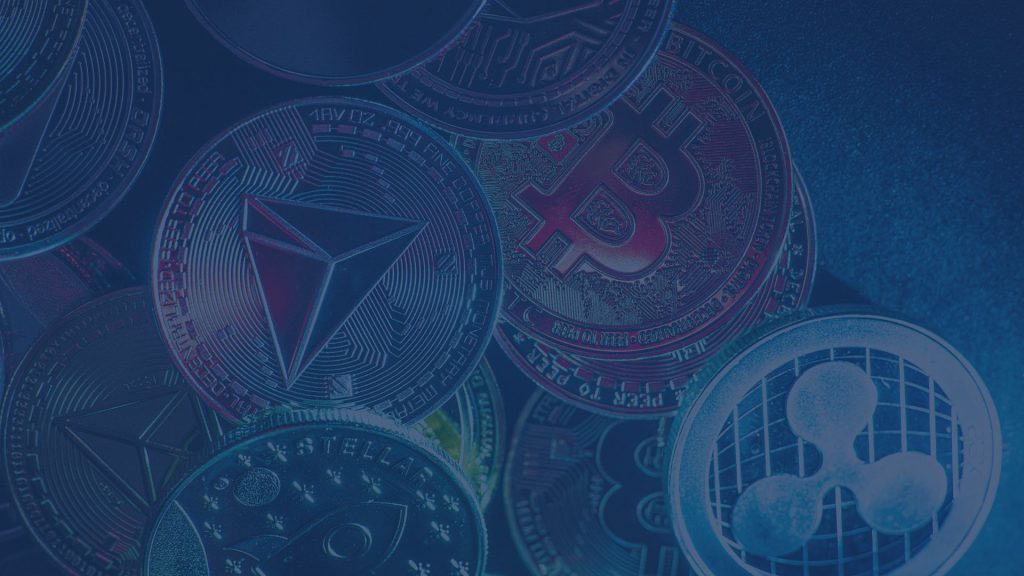
The landscape of fundraising in the financial markets is evolving rapidly with the advent of blockchain technology and digital assets. One notable innovation is the rise of Security Token Offerings (STOs), which present a regulated and compliant method of issuing digital securities. However, venturing into STOs in Saudi Arabia necessitates a deep understanding of the legal and regulatory framework governing these offerings. In this article, we will explore the essential legal considerations and regulatory challenges associated with conducting STOs in the Kingdom of Saudi Arabia.
Compliance with Securities Laws
One of the primary legal considerations when conducting an STO in Saudi Arabia is compliance with securities laws. The Capital Market Authority (CMA) is the regulatory body responsible for overseeing securities activities in the country. Any offering of security tokens must adhere to the provisions set forth in the CMA’s regulations.
The CMA defines securities broadly, covering traditional securities and extending to digital assets like security tokens. Issuers must navigate the regulatory requirements for offering and trading securities, ensuring proper registration and disclosure to protect investor interests. Compliance encompasses detailed prospectus requirements, periodic reporting obligations, and anti-fraud measures.
In Saudi Arabia, STOs are subject to stringent securities regulations overseen by the CMA. The CMA’s regulations aim to protect investors and ensure the integrity of the capital markets. Key considerations include:
- Registration Requirements: Issuers of security tokens must obtain necessary approvals and register offerings with the CMA. This process involves submitting detailed documentation, including prospectuses that disclose essential information about the offering and associated risks.
- Disclosure Obligations: Issuers are obligated to provide transparent and accurate information to investors. This includes financial statements, business descriptions, risk factors, and details about the token structure and rights conferred.
- Anti-Fraud Measures: The CMA enforces strict anti-fraud measures to combat illicit activities in securities offerings. Issuers must refrain from making misleading statements or omissions and ensure compliance with market conduct regulations.
Investor Accreditation Requirements
The CMA sets criteria for investor eligibility, often focusing on wealth and investment experience. Accredited investors are individuals or entities meeting specific thresholds of wealth, income, or professional expertise. These criteria are intended to safeguard retail investors from the risks associated with high-stakes investments. Accredited investors typically include:
- High Net Worth Individuals: Individuals meeting specified wealth thresholds, such as minimum income or asset levels.
- Sophisticated Investors: Entities with substantial investment experience, such as financial institutions, asset managers, or government bodies.
The CMA’s accreditation requirements aim to restrict access to STOs to qualified investors capable of assessing risks independently.
Navigating these requirements is crucial for issuers, as failure to comply may lead to penalties or regulatory repercussions. Verification of investor accreditation ensures that offerings are made to qualified individuals or institutions capable of assessing risks associated with security token investments.
Tokenisation of Traditional Financial Assets
Another aspect of legal consideration in STOs is the tokenisation of traditional financial assets. In Saudi Arabia, the process of tokenising assets such as real estate, equities, or debt instruments requires legal clarity. Tokenisation involves converting ownership rights into digital tokens on a blockchain, enabling fractional ownership and efficient transfer of assets.
Legal frameworks must address issues such as ownership rights, transferability, and regulatory implications specific to tokenised assets. Smart contracts governing these tokens must align with existing legal principles, ensuring enforceability and clarity in transactions.
Tokenising traditional assets involves converting ownership rights into digital tokens on a blockchain. Legal considerations include:
- Ownership and Transferability: Defining legal ownership rights and mechanisms for transferring tokenised assets securely on blockchain platforms.
- Regulatory Compliance: Ensuring tokenisation adheres to existing laws governing asset ownership, taxation, and regulatory oversight.
- Smart Contract Legality: Smart contracts governing tokenised assets must align with contract law principles to ensure enforceability in case of disputes.
Innovative Legal Structures
To navigate the evolving landscape of STOs, innovative legal structures are emerging. Special purpose vehicles (SPVs) and digital asset custodianships are employed to streamline compliance and governance. SPVs can be used to facilitate fundraising while adhering to regulatory standards, providing a layer of legal separation for token issuers. Innovative legal structures are being developed:
- Special Purpose Vehicles (SPVs): Issuers may use SPVs to facilitate STOs, segregating assets and liabilities from the parent company. SPVs can enhance legal clarity and mitigate risks associated with tokenised offerings.
- Digital Asset Custodianships: Third-party custodians manage and safeguard digital assets on behalf of investors, enhancing security and regulatory compliance.
Security Token Offerings offer a transformative approach to capital markets, bridging traditional finance with blockchain technology. In Saudi Arabia, conducting an STO requires meticulous attention to legal considerations and regulatory challenges. Compliance with securities laws, investor accreditation requirements, and innovative legal structures are essential pillars for a successful STO campaign.
As the regulatory landscape continues to evolve, legal practitioners and market participants must stay abreast of developments to harness the full potential of security tokens within Saudi Arabia’s financial ecosystem. Ultimately, navigating the legal complexities of STOs enables issuers to unlock new avenues of investment while upholding investor protection and regulatory integrity.
